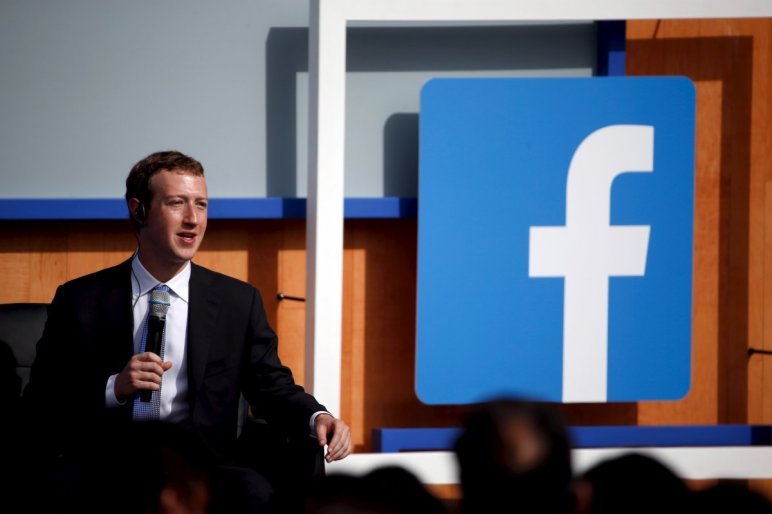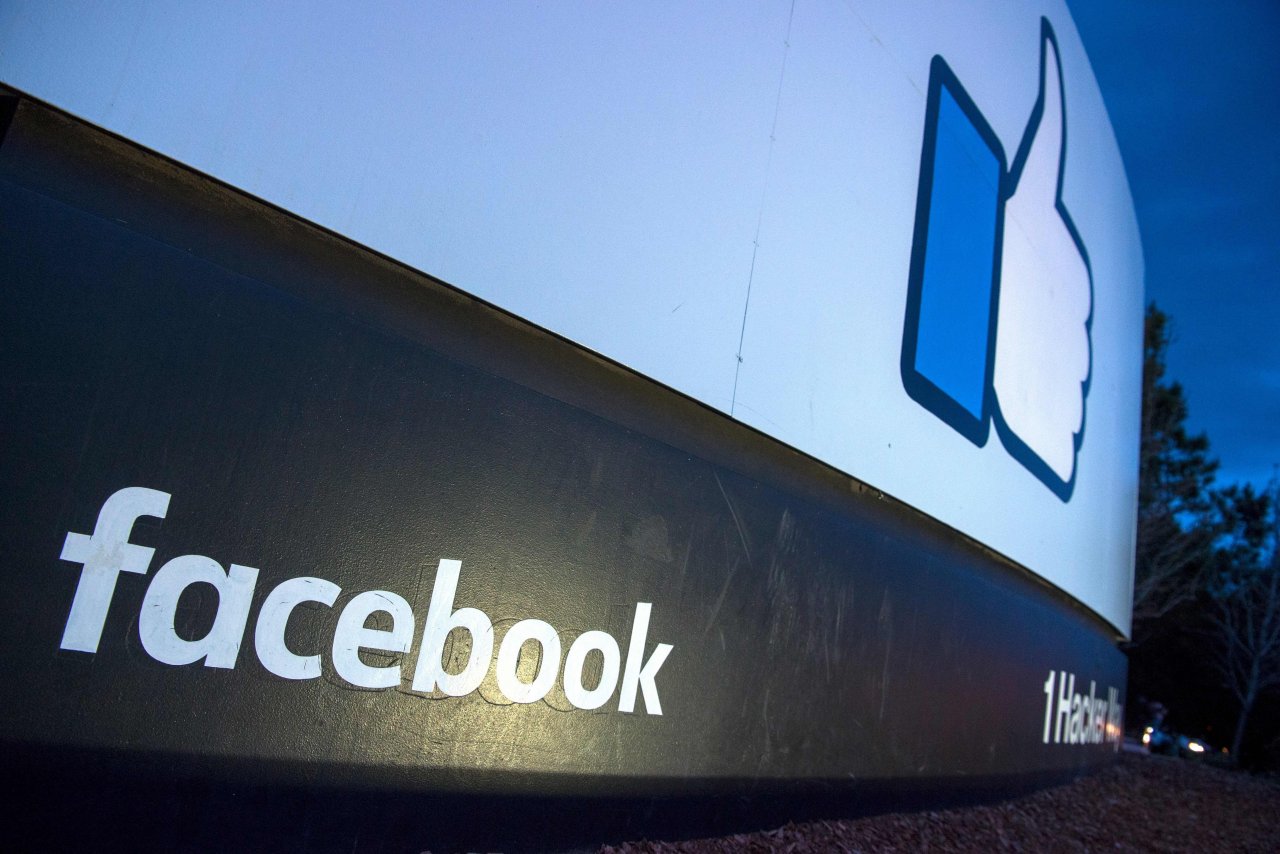
North Americans may Be Exempted from Facebook’s Privacy Protection Plan

GDPR and Facebook
Something synonymous with discrimination seems to be happening on Facebook, as the company’s involvement with the unlawful use of personal data continues to attract global criticism. Now, Mark Zuckerberg is looking at how to exempt North American Facebook members from benefiting from the maximum security and protection of their data, lower than what other users from other countries are enjoying.

GDPR principles encourage transparency, accountability, and equality, hopefully, Facebook will make use of these tenets.
While answering questions from newsmen some days ago, Zuckerberg ignored the aspect of complying to the globally-accepted implementation of frameworks on Facebook, which are important in accordance to the forthcoming General Data Protection Regulation (GDPR) from the European Union (EU).
However, Zuckerberg explained that there would be an adaptation of the regulation which would attract some privacy assurance all over the world in line with the European standards, and Facebook Inc has begun to work on such regulations, but he wasn’t specific about the exact aspects of the regulations which would be restricted from global extension. He added that his management is still holding information down regarding the matter.
The Importance of Frameworks
Prior to this revelation, Zuckerberg’s executives have given the impression that they’re making frameworks to products in line with the forthcoming GDPR guidelines on data security, which would be universally expanded.
At the beginning of the year, Sheryl Sandberg, the chief operating officer at Facebook, explained that the platform would release its latest offices worldwide meant for privacy issues, placing the key framework of privacy for the company under one roof and allow users be in charge of their personal details with ease.
In reference to Sandberg’s past comments, another female mouthpiece for the company said the COO was speaking about all the unveiled changes which came out in March, such as the final reduction to one screen from twenty, classical settings slump on the platform.
Notwithstanding Facebook’s efforts to work in line with EU’s new guidelines, it still needs to do more than just the creation of the international office for privacy, which is just a fraction of what Zuckerberg’s team has to do. Meanwhile, Zuckerberg added that these alterations will be restricted to members in Canada and US.
In March, a published post talking about this latest privacy office suggested some extra possible changes regarding the services’ terms, like language which always updates users on the processing of their data, and users ‘commitments’.
The post promised to make these latest changes transparent, which is the core tenet that GDPR stands upon. The tenet demands that handlers of data must comprehensively tell users the specific parts of their personal details they want to use, and they must state the reason behind it. This will ensure proper enlightenment on the part of the users before they could allow the data to be used. Legality of the processing protocols is also very important, even when permission is not granted.
However, it’s not clear which GDPR aspects precisely does Facebook wants to sift out and which will not lead unintentionally to more mishaps where a foreign user’s personal information is concerned, like someone who just came to US temporarily or permanently, hence attracting more dangerous petitions on privacy and monetary penalties, a severely high fines under the laws of GDPR.

In spite of insistence on this burning question, Facebook still declined to declare its true plans on how to obey GDPR’s laws.
However, something needs to be understood about GDPR. A certain type of industry in the US may love to overlook the dispute and the cost required to separate the processes of controlling data. Nonetheless, this type of practice means that data will be controlled under several administrations.
The negative effect of this strategy is that the company may be seen in a bad light by the public, as a firm intentionally providing a substandard rule to its domestic users in sharp contrast to its foreign clients.
Clamor for Equality
Equality should be fought for by all means, and fortunately, GDPR standards give room for equal rights in the protection of users’ privacy.
Facebook should learn from this as a trial of its reputation, and wait for the requirements that the US Congress and the people will ask for it. People must stand up to face this challenge and press for equal utilization of standards set by GDPR within the US.
European Union also has a law that put certain limitations on the act of utilizing sensitive details contained in individual’s profile like political views, religious beliefs, health information and other similar details. The concerned person must be duly-contacted for his permission before such data could be used.

One of the points stated in GDPR is that data handlers must notify their platforms’ users three days earlier if they want to use the concerned people’s information.
The issue of indiscriminate activities on social media has attracted many stakeholders such as consumer organizations, who are clamoring for additional laws to curb the internet’s excesses, legislators are also interested. According to the Center for Digital Democracy director, Jeffrey Chester, who shared his opinion on Mark’s statements, Facebook is ready to compile, economize, and evaluate more information from the US and outside countries that are not under GDPR. He further said that the outcome of this strategy is the lowering standards on the security of user’s data and such will continue, says Jeffrey.
The reason behind Facebook’s decision to bypass users from North America when it comes to the liberty of refusing to give permission on the use of their data, is uncertain, but regardless, discrimination should be rebuked.
More in Investments
-
`
Streaming Giant Netflix Faces Yet Another Challenge
In the ever-evolving landscape of streaming entertainment, Netflix, once the unchallenged king of digital content, now faces a complex puzzle beyond...
December 1, 2023 -
`
Signs You Should Quit Your Current Job & Move On
You Don’t Feel Comfortable at Work Imagine spending the majority of your waking hours in a place where you feel uneasy,...
November 20, 2023 -
`
How to Adjust and Renew Your Portfolio
Investing in the financial world is like navigating an ever-changing landscape—constantly evolving, always shifting. The key to staying on track? Regularly...
November 18, 2023 -
`
Dr. Dre’s Divorce With Nicole Young: A Closer Look
When the beats of old-school hip-hop start bumping, Dr. Dre’s name reverberates in fans’ minds worldwide. Born as Andre Young, this...
November 12, 2023 -
`
Why Branded Content Is the Best Way to Connect With Your Audience
Have you ever found yourself deep in a compelling article or engrossed in a video series, only to later discover that...
November 5, 2023 -
`
Why the Gender Pay Gap Could Be Getting Worse | New Research Findings
At a time when women are making significant strides in various professional arenas, a new report throws light on a trend...
October 28, 2023 -
`
What Is a Bull Market and How Can Investors Benefit From One?
In finance, the term “bull market” is frequently used to describe a period of optimism, rising asset prices, and investor confidence....
October 19, 2023 -
`
A-List Power Couples Where the Women Make More Money
In an era of shifting gender roles and evolving definitions of success, it’s increasingly common to find celebrity couples where the...
October 15, 2023 -
`
Massive Price Cuts: Tesla Only Witnesses ‘Modest’ Sales Gain in China
Cutting Down Prices, But Not Cutting the Mustard? Summer 2023 brought with it a promise of sunshine and relaxation. For Tesla...
October 8, 2023















You must be logged in to post a comment Login